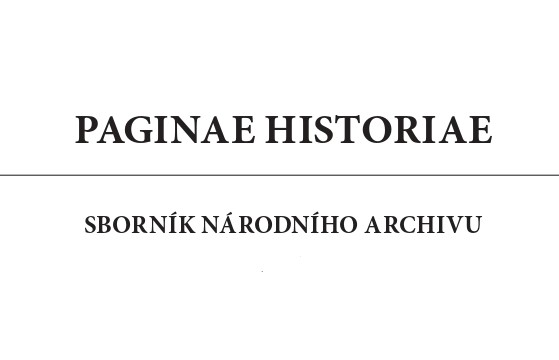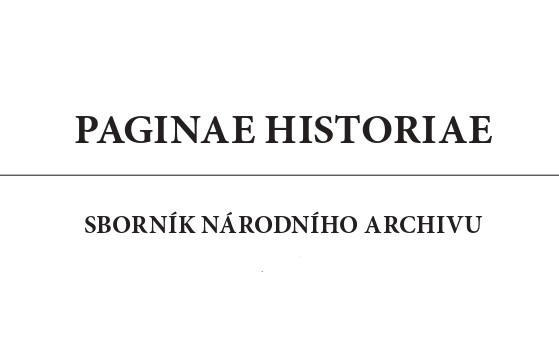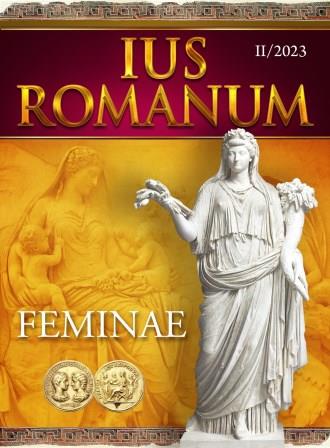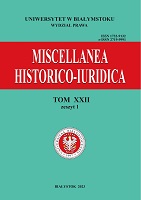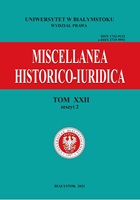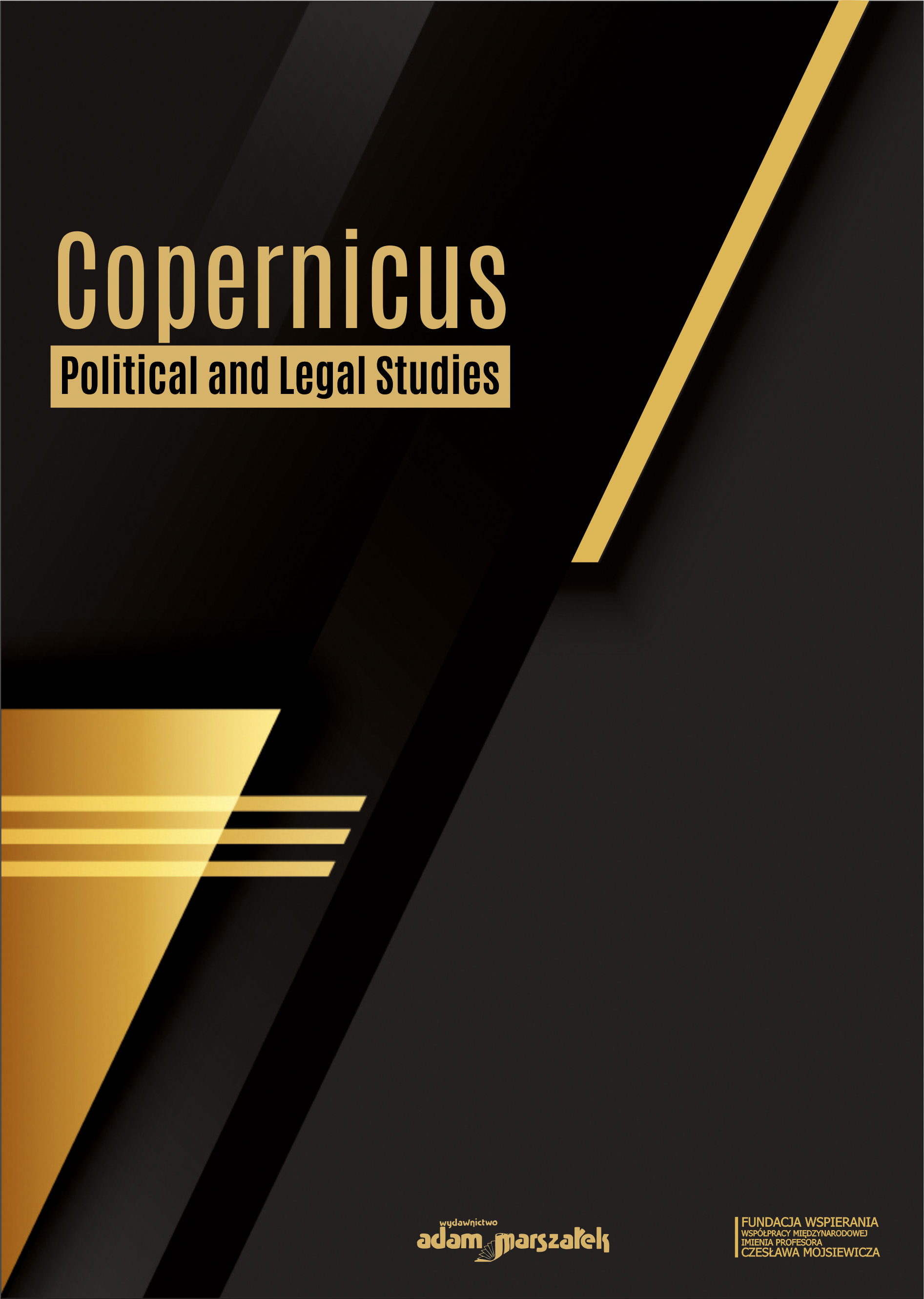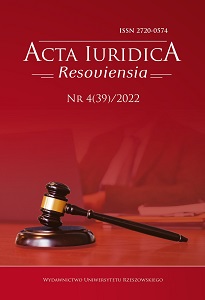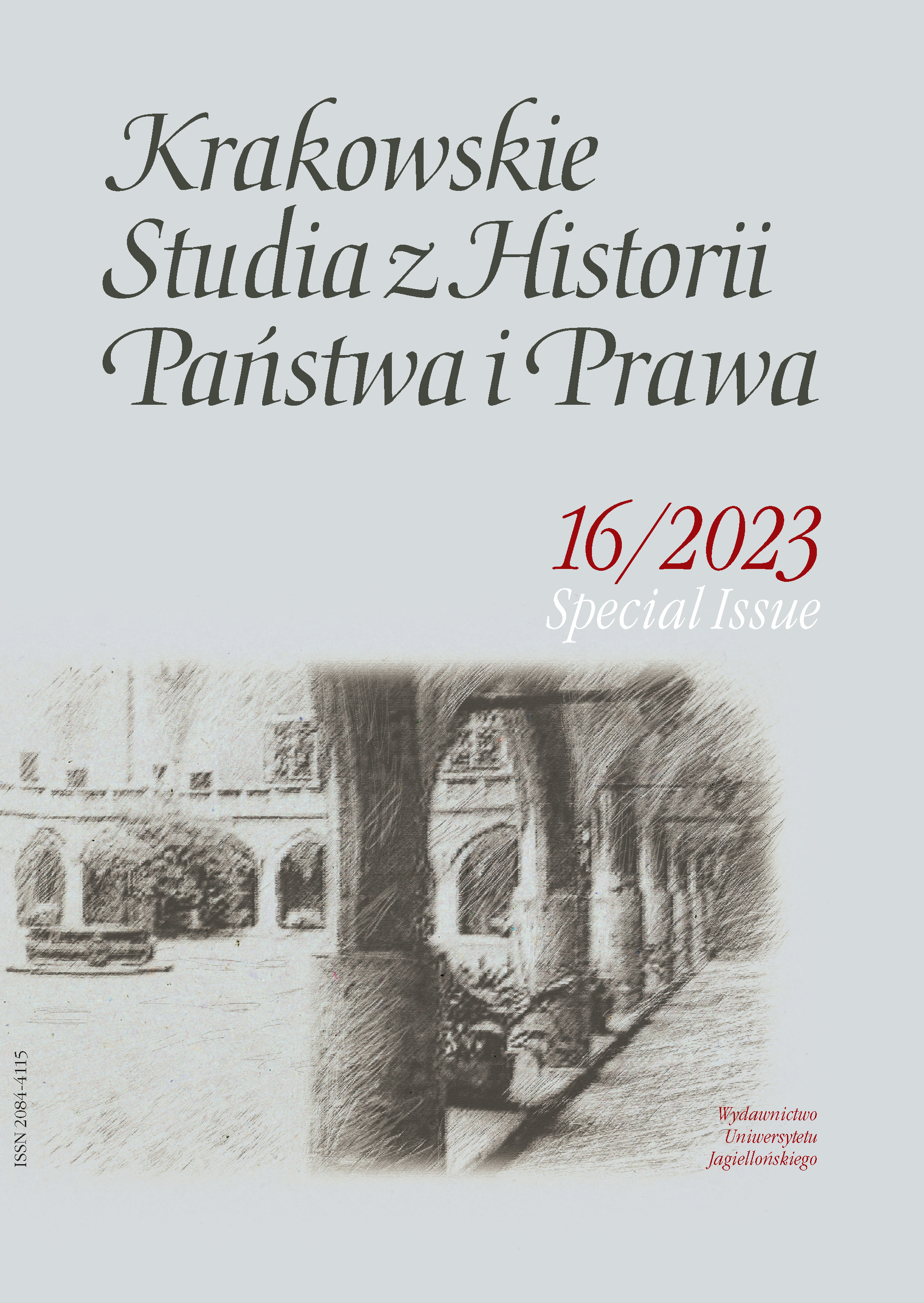Author(s): Yaroslav Popenko / Language(s): English
Issue: 3/2023
The article is devoted to the analysis and the characteristics of the rights and the proxies of the monarch in Romania according to the Constitution of 1866. The adoption of the first Basic Law was the fateful act in the history of the state-building processes of Romania and contributed to its development as the sovereign state. The Constitution had the contractual nature and established the compromise between the young bourgeoisie and the large landowners in the form of the constitutional monarchy. The king in Romania for a long time remained the person who was «above» of all the state and political leadership of the country. This status and the proxies of the monarch were delegated with the first Basic Law. The legal fixing of such legal status of the monarch at the level of the Constitution made it possible to establish full-fledged royal power, which was an extremely important state-political step for the development of Romania as the independent country. The constitutional foundations, the functions and the limitations of the institution of the monarchical power in the principality were fixed in the number of the articles of the Constitution of 1866. At the same time, the important state-constitutional aspect was the clear fixation that all proxies of the monarch could be done based on the interests of the Romanian nation. The Basic Law of 1866 established the proxies of the monarch such as in the legislative branch of power (the right of legislative initiative, the right of the interpretation of laws, Articles 32–34); executive power (had to implement it in the manner determined with the Constitution, Article 35) and partially in the justice system (the right to declare amnesty on the political issues, the right to postpone or to mitigate punishment in criminal cases, Article 93). For strengthening of the foundations of the statehood, the Constitution officially established the principle of the hereditary power of the monarch (Article 82). His person was declared inviolable. Herewith, the Romanian constitutionalists fixed that the monarch did not have any other proxies, except those granted to him with the Basic Law (Article 96). Adopted in 1866, the Basic Law approved legally the democratic aspirations of the Romanian nation. It defined directly the most important principles of the state functioning as the principle of the national sovereignty, the principle of the division of powers, the principle of representative government, the principle of hereditary monarchy, the principle of the responsibility of the state officials, the principle of the Rule of law, etc. The Basic Law definitely contributed to the gradual democratization of the state-governing and public structures, the formation of the concept of the civil personality and untouchability, foresaw the presence of the political and legal pluralism in the country, etc. Due to the introduction of the institution of the constitutional monarchy, that ruler in the person of Karl I could establish and hold the certain political balance in the country between the liberals and the conservatives, which opened the possibility to potentially strengthen the two-party system and laid the foundations of the civil society and the future constitutional life of Romania.
More...
